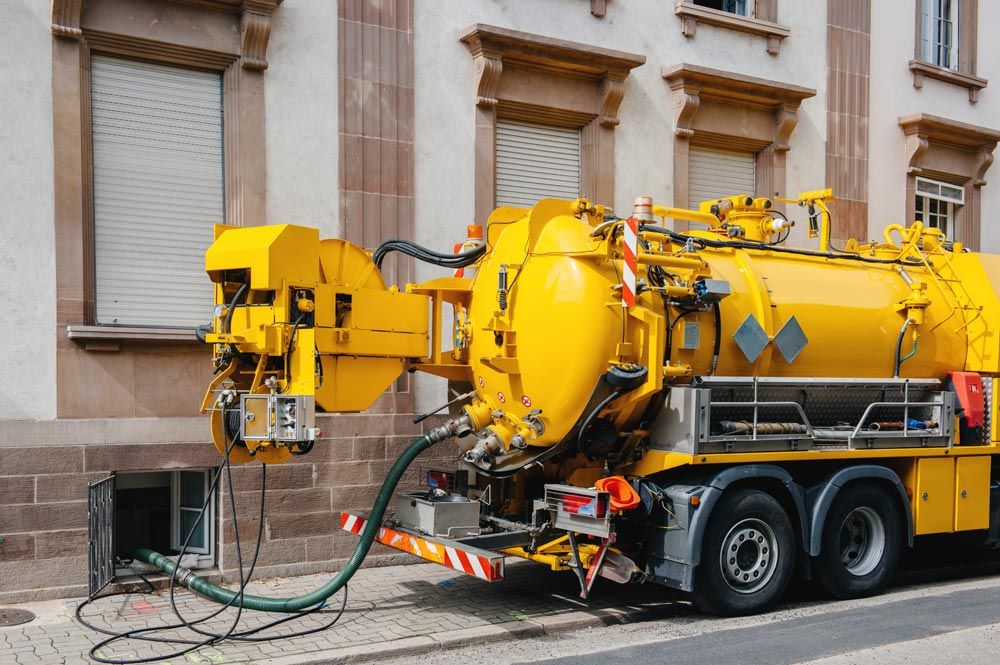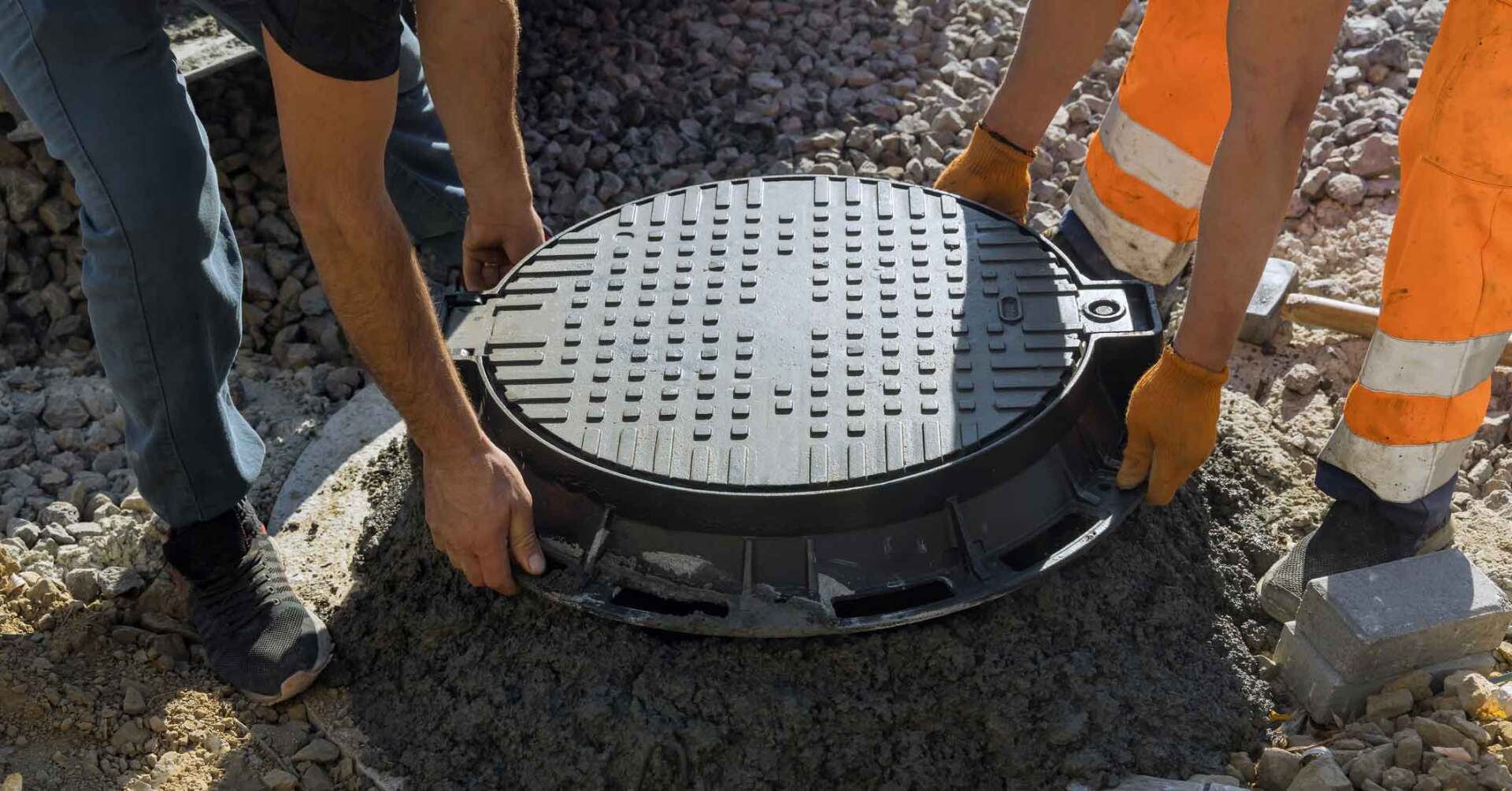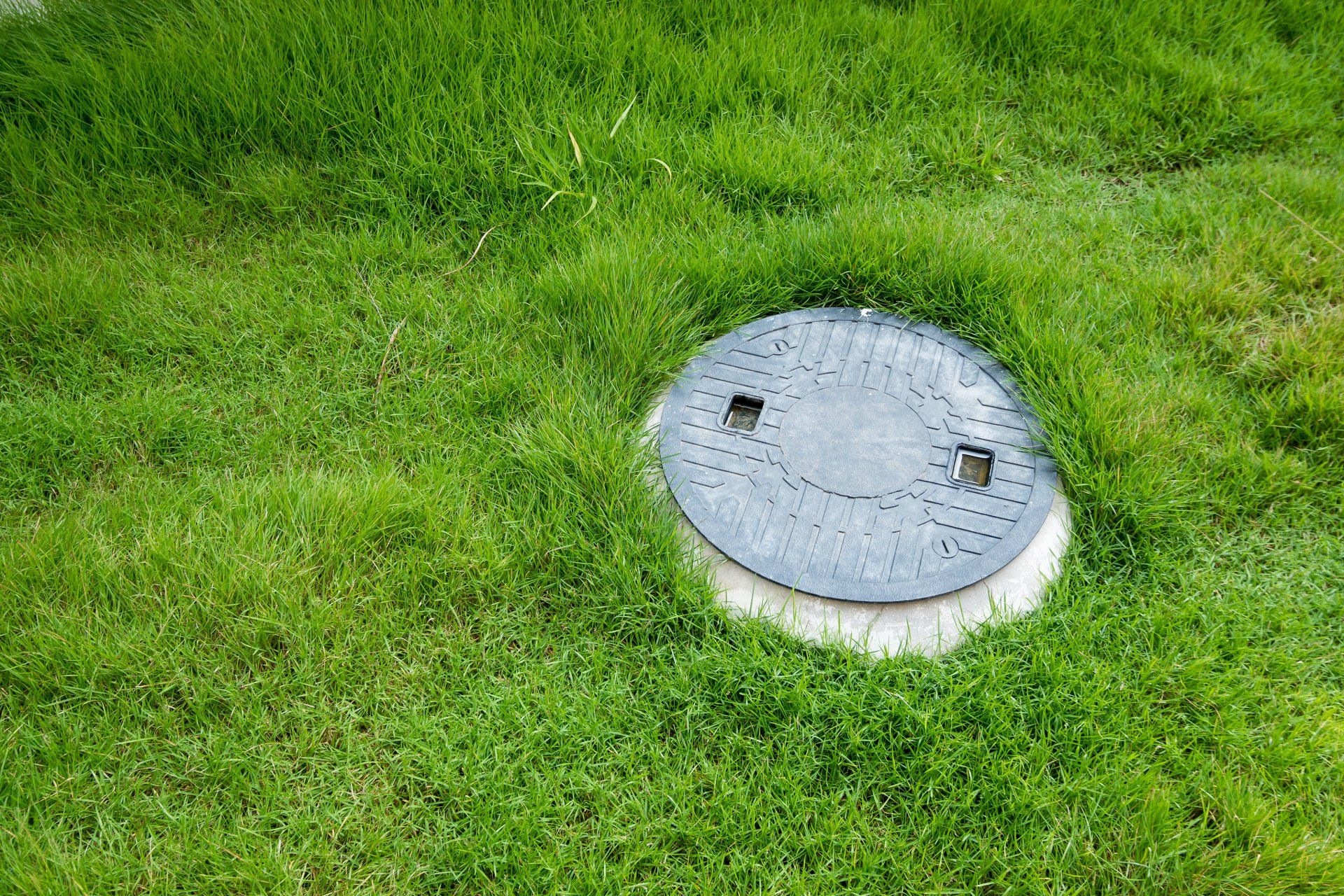
Slide title
Installing Wastewater Treatment Systems Since 1985
Button
Slide title
Flexible Products for Homes and Small and Large Businesses
Button
Slide title
We Diagnose Wastewater Problems at Our Laboratory
Button
Trees and Your Septic System | GYST Consulting
- By Admin
- •
- 10 Aug, 2023
- •

Your septic system helps remove and dispose of wastewater from your home. However, many things can hinder the functionality and durability of your septic system. Trees are one of the things that can affect your septic system. Here is what you need to know about trees and your septic system.
How Do Trees Affect the Septic System?
Trees can adversely impact septic systems due to their extensive root systems that actively seek out water sources. These root systems often infiltrate and encroach upon septic system components, leading to many problems.
Firstly, tree roots can clog and obstruct septic system pipes. As trees grow, their roots naturally expand and can penetrate the small openings or cracks in pipes. This intrusion can cause blockages, restricting the flow of wastewater from the household to the septic tank and, in severe cases, lead to backups inside the home.
Secondly, tree roots near the septic tank can undermine its structural integrity. Tree roots seek out sources of moisture, and if they infiltrate the tank, they can cause cracks or fissures in the concrete or other materials. Over time, this damage may lead to leaks, risking contamination of the surrounding soil and groundwater.
Additionally, tree roots may interfere with the drainage or leach fields, which are responsible for filtering and dispersing the effluent from the septic tank. As roots grow within this area, they can create blockages, reduce the system's ability to treat wastewater effectively, and cause the field to become less efficient in absorbing and treating it.
Furthermore, tree roots can absorb significant water from the soil surrounding the septic system. This excessive water uptake can dry out the soil, diminishing its capacity to naturally filter and purify the effluent before it reaches the groundwater, potentially leading to pollution.
Which Trees Can't You Plant Near the Septic System?
Certain trees should not be planted near septic systems due to their extensive root systems and aggressive water-seeking behavior. These trees can damage septic system components, causing costly and troublesome repairs. Aggressive species like willows, poplars, and silver maples are problematic because their roots can infiltrate and clog septic pipes and drain fields.
Furthermore, large trees like oaks and pines with deep-rooting tendencies can disrupt the integrity of the septic tank and drainage lines, leading to leaks and system failure.
Which Trees Can You Plant Near Septic Systems?
When considering trees to plant near septic systems, it is crucial to prioritize species with non-invasive root systems. Opt for trees with shallow, spreading root structures, as they are less likely to interfere with pipes or leach fields.
Choosing smaller-sized trees is also prudent, as they are less likely to cause damage than larger, more established trees with extensive root systems. Additionally, fast-growing trees should be avoided since their roots tend to spread rapidly.
Ideal tree options include ornamental varieties like dogwood, Japanese maple, and redbud, which offer aesthetic appeal without posing significant root-related threats. Alternatively, fruit trees like apple or cherry can be planted, provided they are dwarf or semi-dwarf varieties, as these typically have less aggressive root systems.
What Are the Best Practices for Planting Trees Near Septic Systems?
Before planting, locate the septic system's components, such as the tank, drain field, and distribution box. Maintain a safe distance between the trees and these elements; a minimum of 10 to 20 feet is usually recommended. This distance allows the trees to flourish while minimizing any risk of root intrusion.
Proper watering and mulching can promote healthy root development without causing septic system issues. Also, avoid planting large quantities of trees nearby, as a concentrated root system can pose a greater threat.
Since the 1980s, The Nibbler Company has offered effective, scalable wastewater treatment systems for commercial and residential developments. Our wastewater system is the only thoroughly tested and guaranteed high-strength on-site solution available. Contact us to get a system that meets your wastewater needs.
Aqua Test Inc.
28620 Maple Valley Black Diamond Rd SE
Maple Valley, WA 98038



